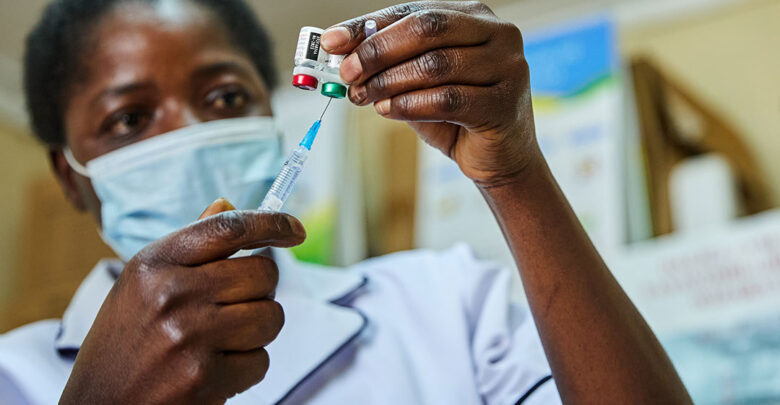
Ghana has become the first country to approve a new malaria vaccine developed by a team from the University of Oxford, a significant milestone in efforts to combat the disease, reported The BBC.
Ghana’s Food and Drugs Authority gave the nod after assessing the final trial data on the R21 vaccine’s safety and effectiveness. The drug regulator has approved the vaccine’s use in children aged between five months to three years old.
“The vaccine has been approved for use in children aged 5-36 months, the age group at highest risk of death from malaria,” the university said in a statement.
It added that the vaccine approval by Ghana is the first important step that will enable the vaccine to effectively combat malaria.
About 620,000 people each year, most of them young children, lose their lives to malaria every year. There has been a long scientific research and undertaking to develop a vaccine effective in protecting the body from the malaria parasite.
Professor Adrian Hill, director of the Jenner Institute at the University of Oxford, said the development marked the culmination of 30 years of malaria vaccine research at the university with a high-efficacy vaccine that can be supplied to the countries needing it the most that too in adequate quantities including Ghana.
Trial data from preliminary studies conducted in Burkina Faso found that the R21 malaria vaccine was up to 80% effective in combating malaria when given in three initial doses and a booster dose a year later.
The World Health Organization (WHO) as well as many other African countries are studying the study data and also considering approving the vaccine.
Data from an ongoing phase III clinical trial currently going on in Burkina Faso, Kenya, Mali, and Tanzania involving 4,800 children is expected to be published in a medical journal in the coming months.






